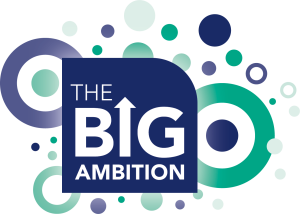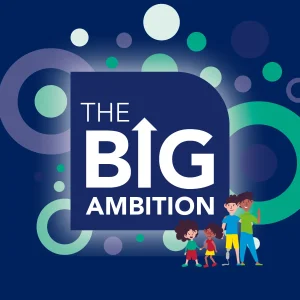The 10th of October marks The World Health Organisation’s ‘World Mental Health Day’, to mobilise efforts around the world in support of mental health.
Children have told me how much they care about their mental health and wellbeing. They speak about mental health more fluently and more confidently than many adults. The Big Ask, the largest ever survey of children in England highlighted that while most children were happy or fine with their mental health, 20% were worried about their mental health and it was children’s biggest worry overall. That’s why I want to mark World Mental Health Day by representing children’s voices and highlighting what children have told us they need.
This year, based on what children said in The Big Ask, my office have developed flyers for primary school pupils and secondary school students to help them talk about their feelings and find out how to get support if needed. My office also publishes the Children’s Mental Health Briefing annually with new data from the NHS, which helps to continue shining a light on this important area.
In July, I published ‘A Head Start: Early support for children’s mental health’, which describes six ambitions for early mental health support for children. These are based on the ideas that children have shared with me.
The ambitions set out to ensure we provide ‘whole childhood support’, from birth to adulthood. Starting with support for families before a child is even born, and through the early years, we set out the need to build strong foundations for good mental health. In order to prevent problems building up, children need to have time and space to have fun safely online and in the real world. If problems do emerge, children need access to early help in school, online or in the community. When specialist help is needed, it should be easy for children to access, with no child turned away.
I want to see the following six ambitions come to fruition:
Ambition 1
Every family receives support to promote good mental health and wellbeing through pregnancy and the early years through Family Hubs, including mental health support for parents where needed.
Ambition 2
All children are protected from harm and taught the digital skills they need to be safe online, making the online world safe and exciting place for children to have fun, learn and connect with others, and all
Ambition 3
All children have plentiful access to safe and fun spaces to play with their friends. In The Big Ask, children spoke about the challenges of lockdown, when they didn’t have the chance to play with their friends, and the impact of this on their mental health:
“After lessons we let everything inside ourselves go free, like at break time. At home it just goes on and on” – Girl, 12.
Ambition 4
All children’s needs are met where they are and they receive support in school, through families of schools.
Ambition 5
The taboo of accessing support needs to be broken by making sure children can access it quickly, locally, in their communities or online. ‘It’s all about preference but it needs to be all round and equally distribute
Ambition 6
Specialist NHS support is available for any child who needs it, with no child turned away or stuck in a spiral of escalation whilst waiting for support.
Meeting these six ambitions is especially important in the wake of the pandemic and I will continue work to make these ambitions a reality.






